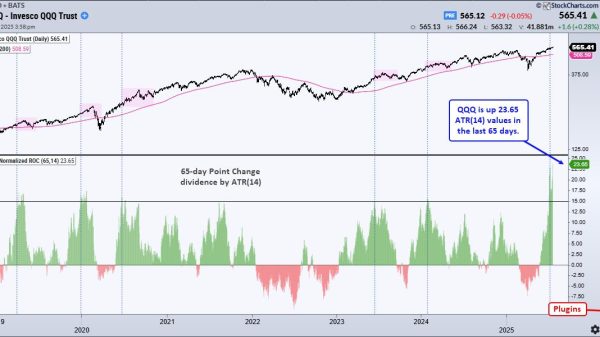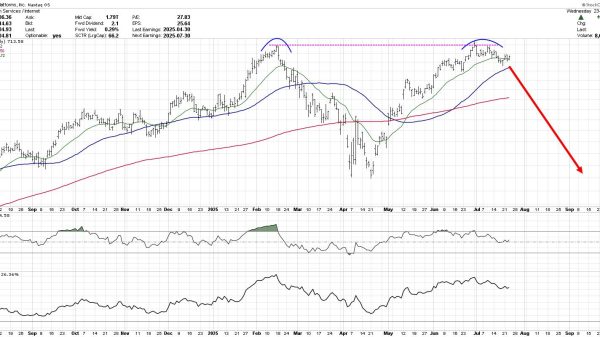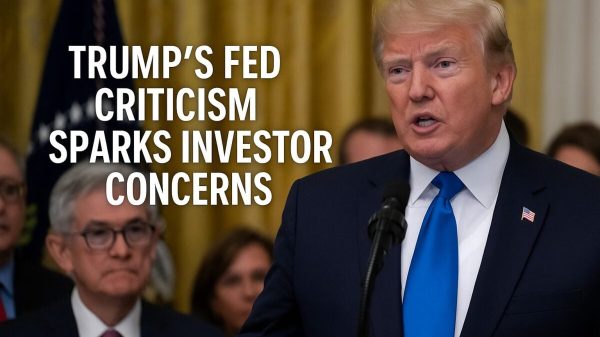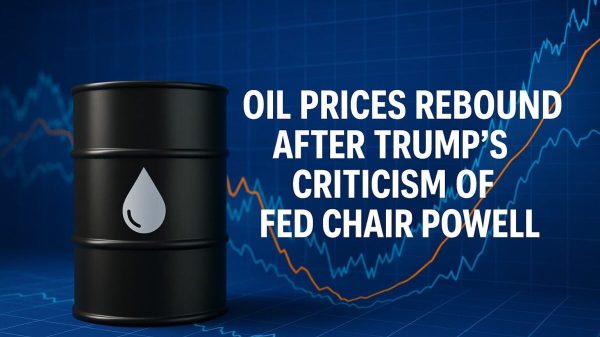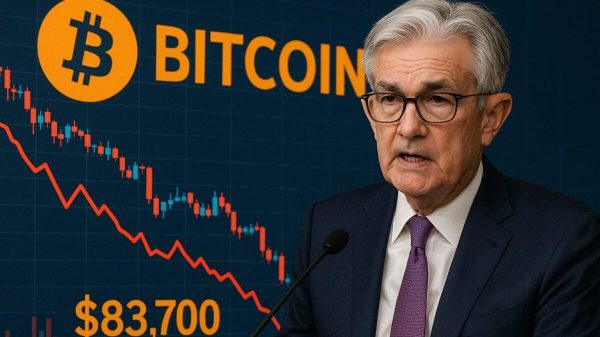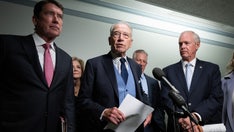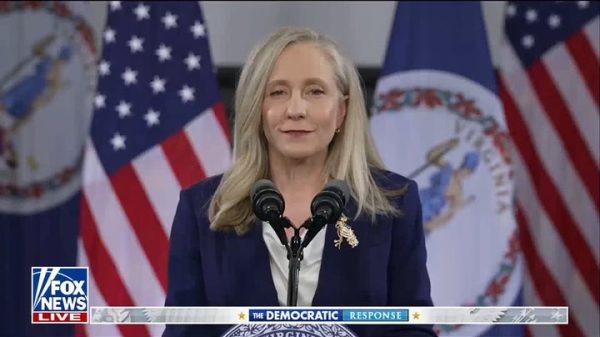
Brent Oil At $79.89, WTI At $75.59 On Friday’s Gains
Quick Look
- Slight Oil Price Uptick: Brent oil rose by 2 cents to $79.89 per barrel.
- OPEC+ Reassurances: Saudi Arabia and Russia suggested potential pauses or reversals in output agreements to stabilize prices.
- Production Cuts Extended: OPEC+ extended most production cuts into 2025, with the flexibility to adjust if necessary.
Oil prices saw a slight uptick on Friday following reassurances from OPEC+ members Saudi Arabia and Russia, indicating a potential pause or reversal in their output agreements. Despite this, the markets are headed for their third consecutive weekly losses, reflecting a complex landscape for the global oil market.
On Friday, Brent crude futures edged up by 2 cents to settle at $79.89 per barrel, while U.S. West Texas Intermediate (WTI) crude futures increased by 4 cents, reaching $75.59 per barrel. The modest gains were largely attributed to the supportive comments from key OPEC+ members. Yeap Jun Rong, a market strategist at IG, noted, “Oil prices managed to regain some ground over the past few days.” He further suggested that oil prices might hover around the $76-$80 level as the market seeks stability and looks for cues on the next steps.
Saudi Arabia and Russia played pivotal roles in attempting to bolster market confidence on Thursday. Their reassurances followed the latest OPEC+ meeting, which left analysts projecting an increase in supply—a factor generally bearish for prices. Nonetheless, the slight rally was insufficient to counter the trend of weekly declines.
OPEC+ Supply Decisions and Market Impact
The recent OPEC+ meeting resulted in an agreement to extend most production cuts into 2025. However, eight members are allowed to unwind their voluntary cuts gradually. This strategic move is designed to manage supply and maintain price stability.
In addition, the Saudi Energy Minister emphasized the coalition’s flexibility. He stated that OPEC+ could pause or reverse voluntary output increases if market conditions warranted such actions.
Russian Deputy Prime Minister Alexander Novak also expressed confidence in OPEC+’s ability to react swiftly to market uncertainties. Novak highlighted that the post-meeting price drop was influenced by a misinterpretation of the agreement and speculative factors. He reiterated the “sweet spot” for OPEC+ prices in the low $80s to high $70s range per barrel. Despite sanctions and drone attacks reducing some Russian volumes, the overall impact remains manageable.
Economic Factors and Future Outlook
Beyond the immediate supply dynamics, broader economic factors are also influencing oil prices. The European Central Bank’s decision to cut interest rates for the first time since 2019 could signal a similar move by the U.S. Federal Reserve. Lower interest rates typically boost oil demand by making borrowing cheaper and stimulating economic activity.
Additionally, U.S. non-farm payrolls data for May, released on Friday, may provide further insights into the timing of potential rate cuts by the Federal Reserve. These economic indicators are crucial as they shape market expectations and influence investor sentiment.
In the global context, China, the world’s largest crude importer, reported importing 46.97 million metric tons of crude oil in May. This substantial import volume underscores China’s significant role in global oil demand.
The delicate balance between supply decisions, economic indicators, and geopolitical factors will continue to shape the oil market’s future. As market participants await further cues, the importance of OPEC+’s strategic flexibility and the broader economic context is paramount.
The post Brent Oil At $79.89, WTI At $75.59 On Friday’s Gains appeared first on FinanceBrokerage.






